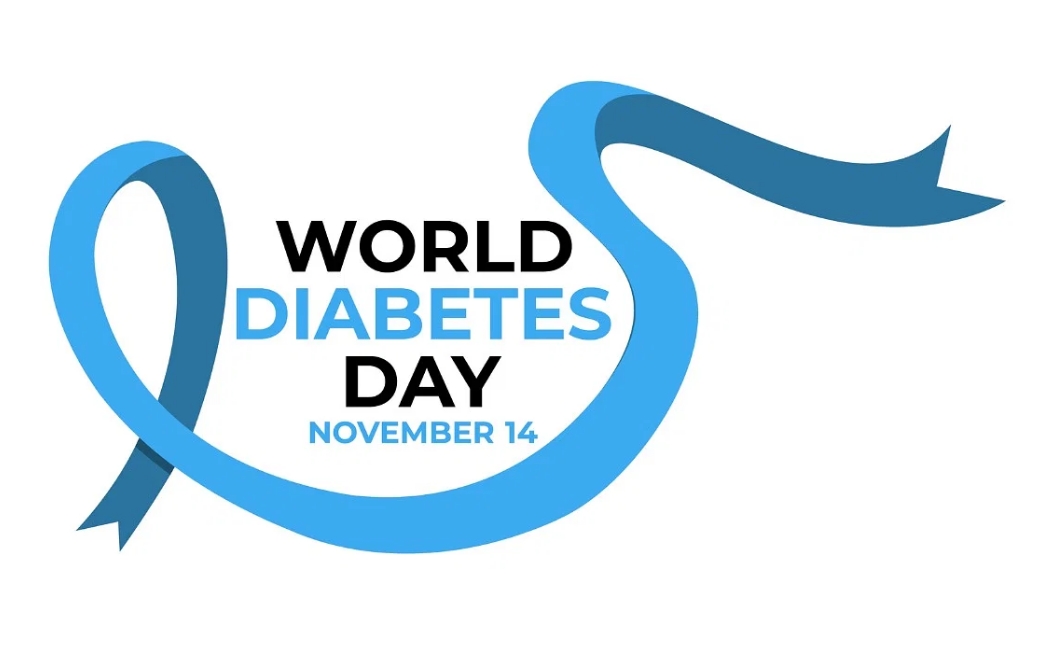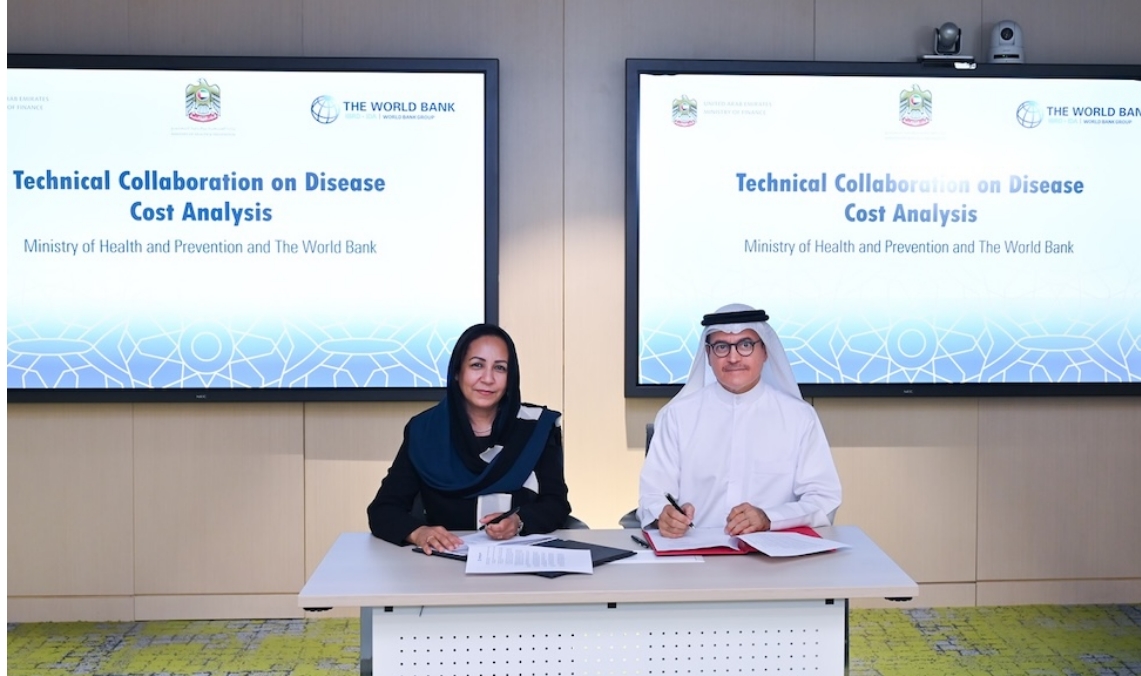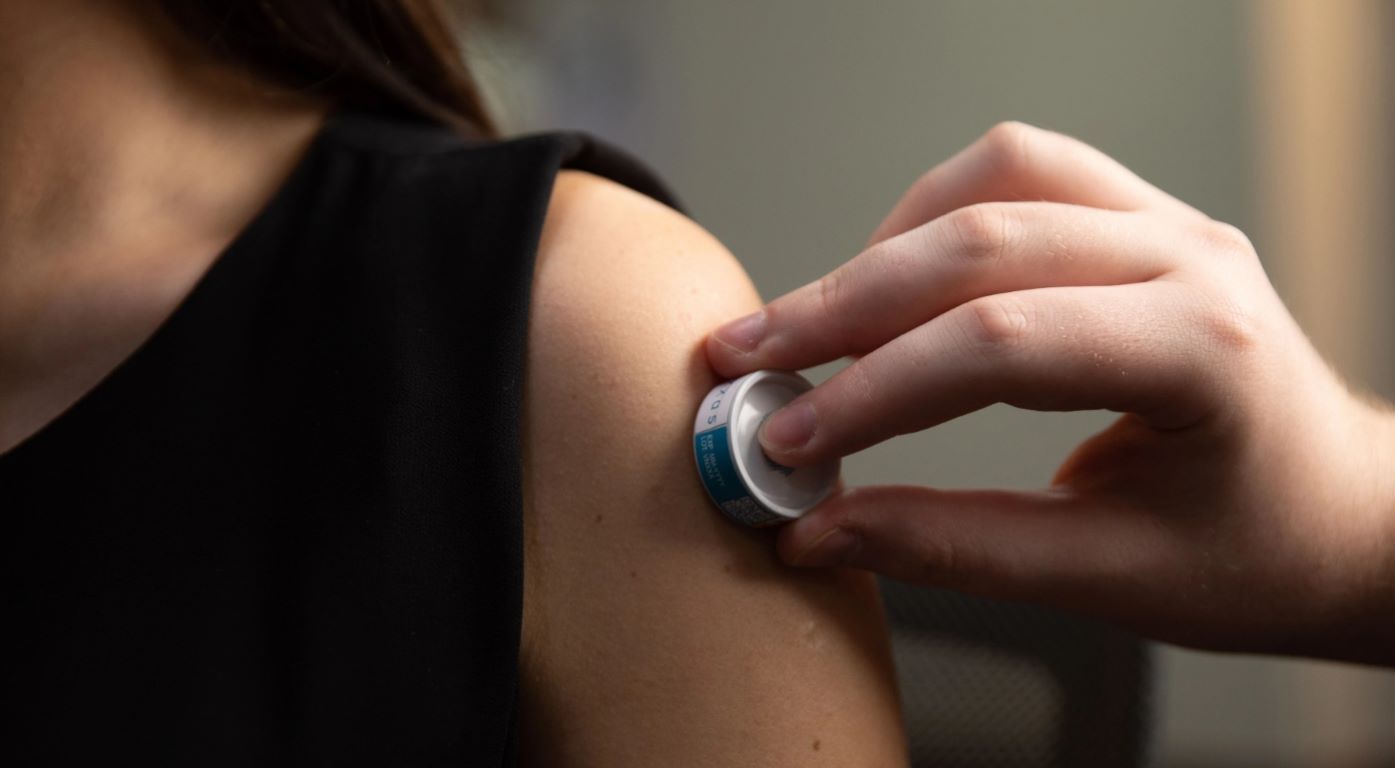How pharma is finally researching issues that primarily affect women
01 March 2024 | Opinion | By Cara Brant, CEO, Clinical Trial Media
Pharma is now concentrating on problems that impact women. Female participation will now directly contribute to cures for diseases that affect them, since more studies specifically targeted at women are planned.

Until recently, clinical trials largely focused on catering to men's and men’s health issues; focusing less on conditions that affected women alone, or even primarily. This dynamic has resulted in a lack of treatments and knowledge about women-specific diseases, as well as clinical trial practices that aren’t typically tailored to women’s unique needs.
The good news is that we’re seeing pharma shifting focus towards issues that affect this half of the population. With more women-focused trials on the horizon, female participation will now directly contribute to therapies for diseases that exclusively or disproportionately affect them (think: breast cancer, menopause, thyroid disease, to name a few).
This creates new urgency for sponsors to address challenges that keep women from completing the full duration of studies, to ensure these studies can bring meaningful treatments to the public with minimal delays.
Be considerate of scheduling
Many women are still the chief caregivers in their families, responsible for their kids, maintaining their homes, and sometimes even caring for their parents. Between these roles, as well as obligations like work, it can be almost impossible to find a moment for themselves, not to mention, take part in a clinical trial. If a woman has a standing appointment to check in for a trial, but her child is sick, she may be unable to participate that day. Sponsors need to be prepared to address these nuanced needs and coach sites on ways to be flexible.
Knowing that childcare can be a limiting factor, for instance, we provided activities to keep kids occupied in the waiting room during one trial we worked on. Even if the kids didn’t play the games, their mothers felt more comfortable knowing their children could attend with them and had something to do while waiting. Perhaps most importantly, they appreciated that sites were considering their families as part of the process.
Women value being heard
Healthcare is personal and intimate, and when receiving care, people want to be listened to. A core tenant of trial recruitment is taking this into account. In addition to connecting participants with skilled nurses who act as one-on-one guides throughout the process, one approach we’ve seen a high degree of success with is conducting participant surveys. Through these surveys, we can understand their experiences to better accommodate trials going forward.
For some women, showing appreciation for their participation and acknowledging the obstacles they had to navigate to join goes a long way. For others, learning about their burdens–and connecting with them around their challenges–is enough to keep them engaged and involved.
These small acts are not only insightful for researchers, they make women feel heard, which can directly influence their willingness to move forward with research.
As more studies that focus on women or include them as prioritised populations emerge, the industry needs to be prepared to listen and adapt to their unique journey. This will require going beyond focusing on how therapies impact them, and influence the very structure of clinical trials and trial sites.
Cara Brant, CEO, Clinical Trial Media
Read the next part....











